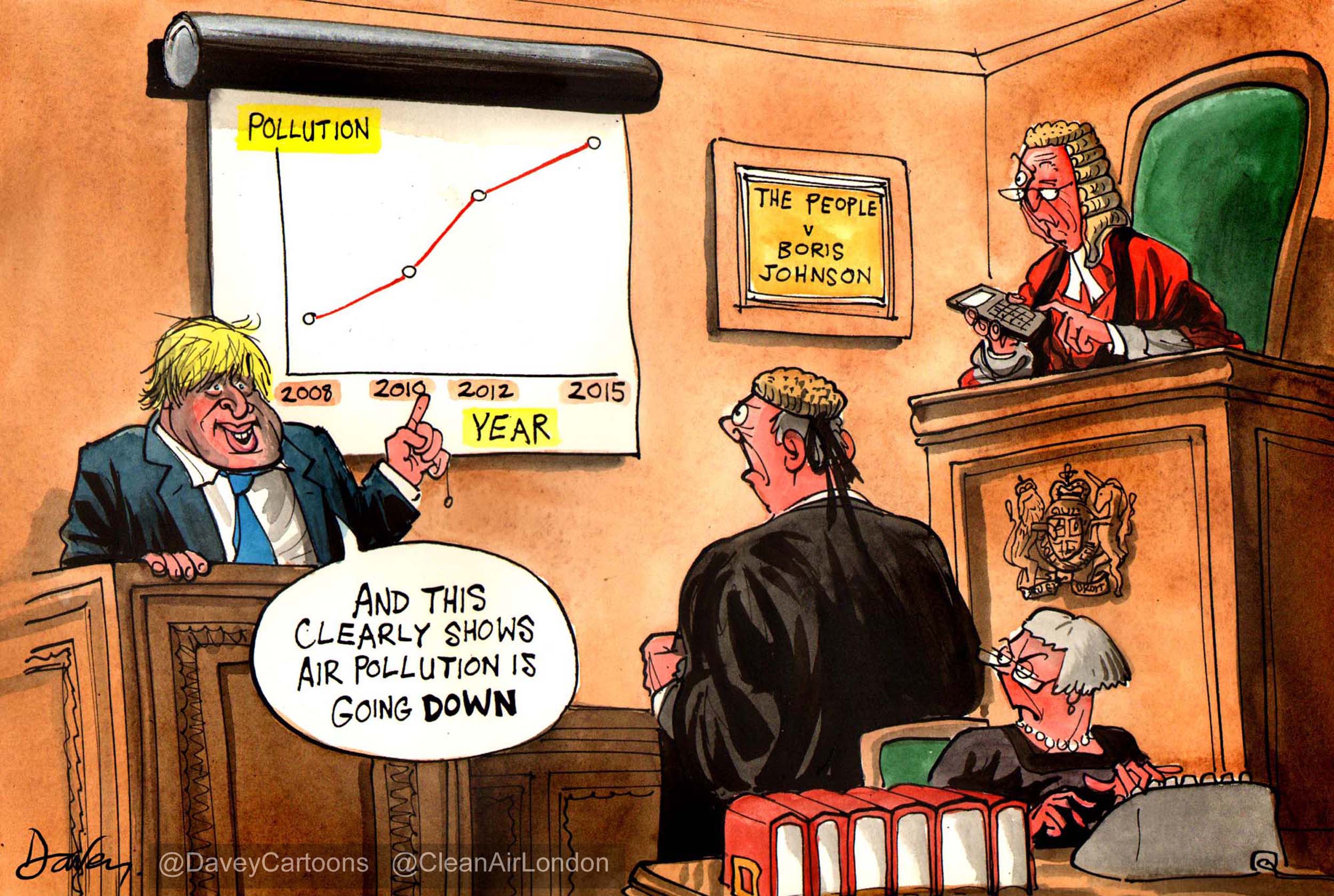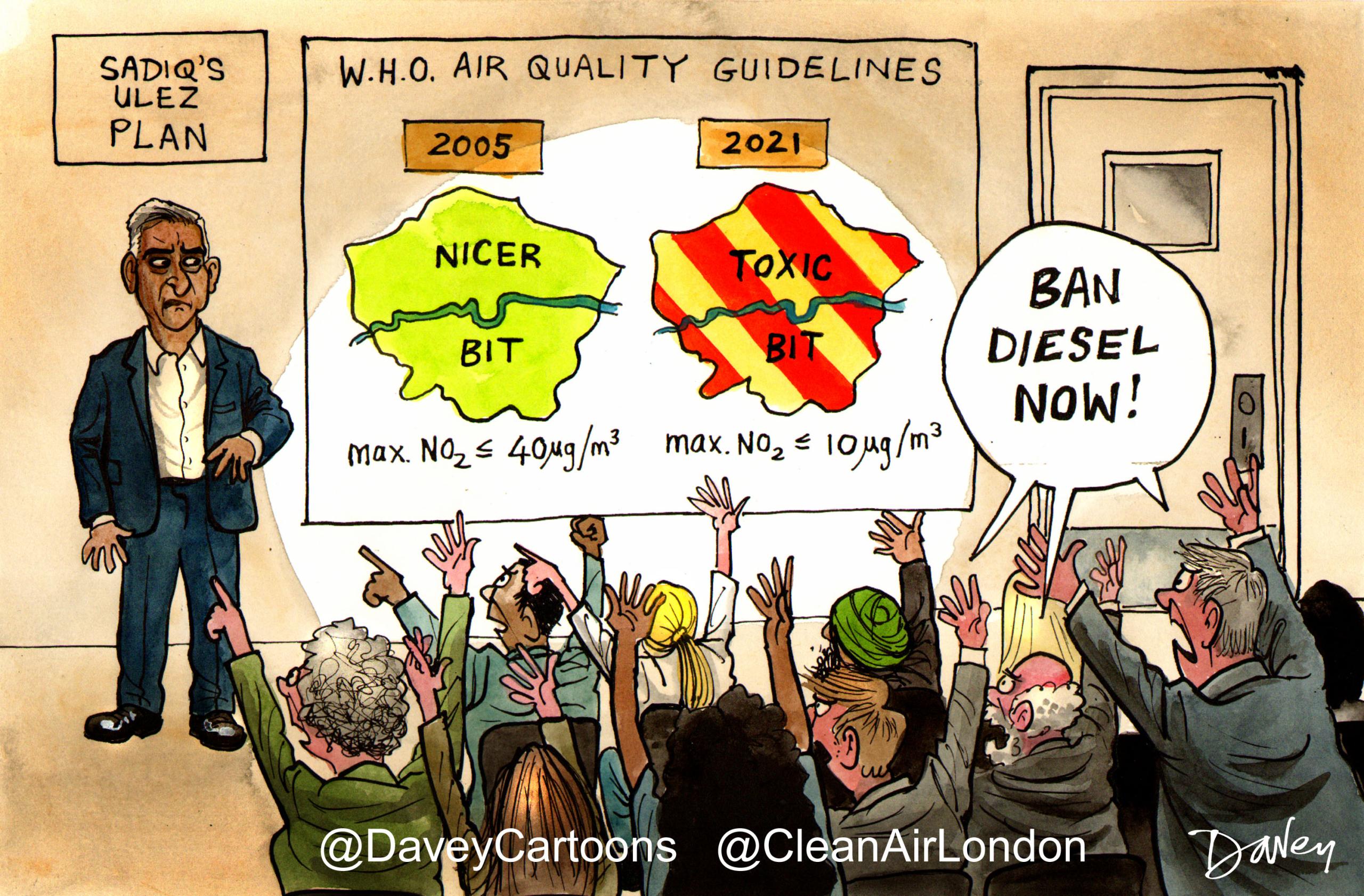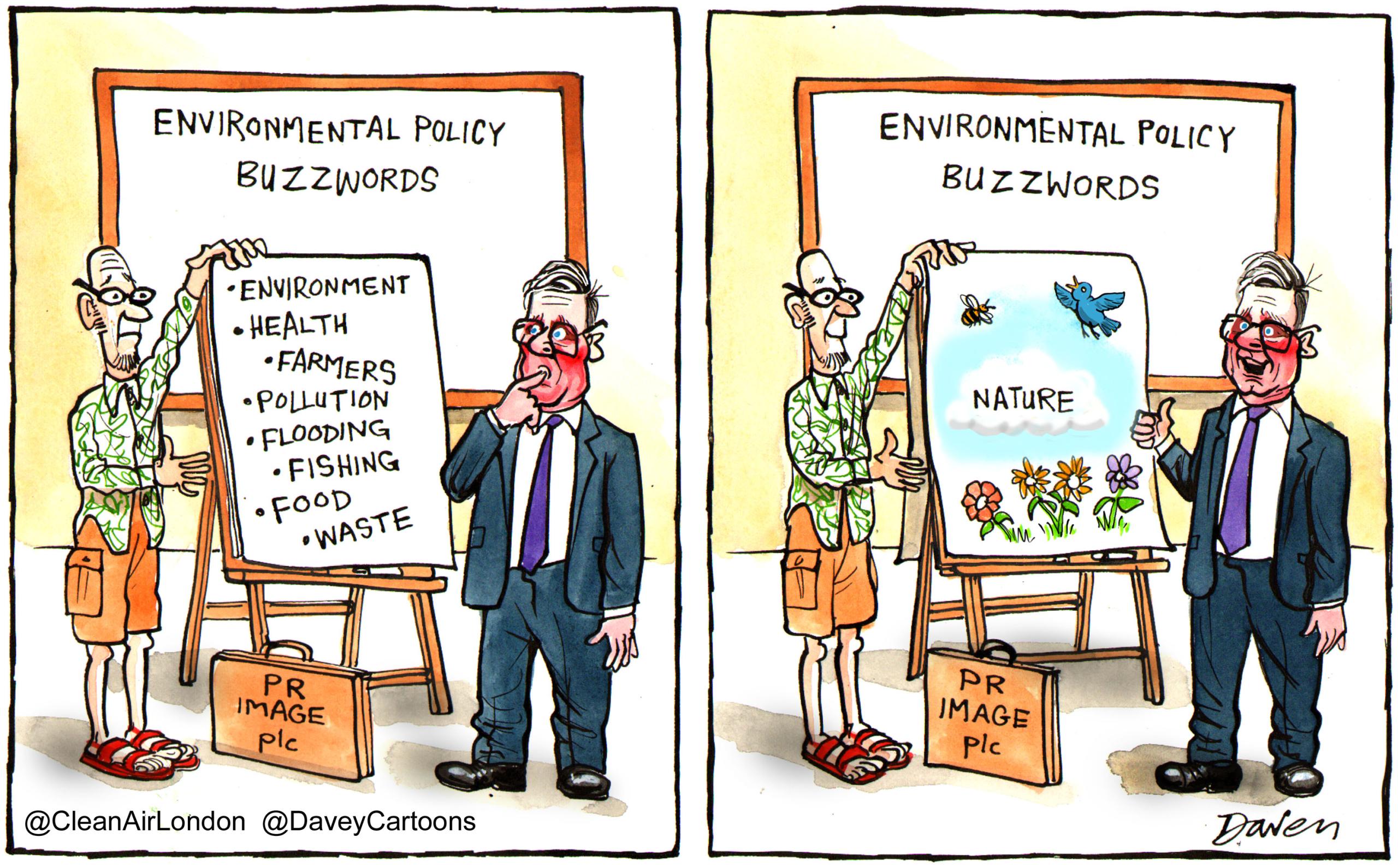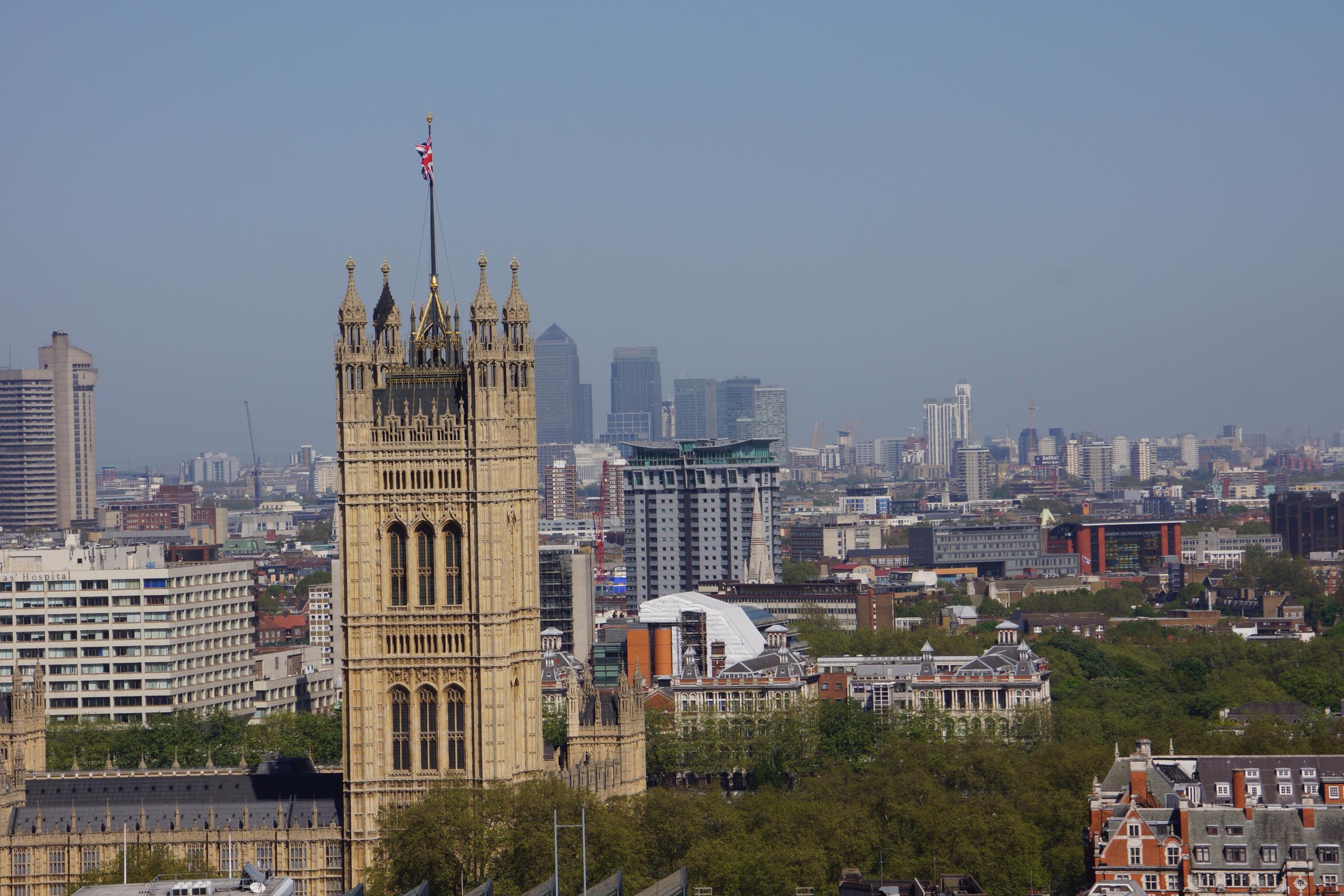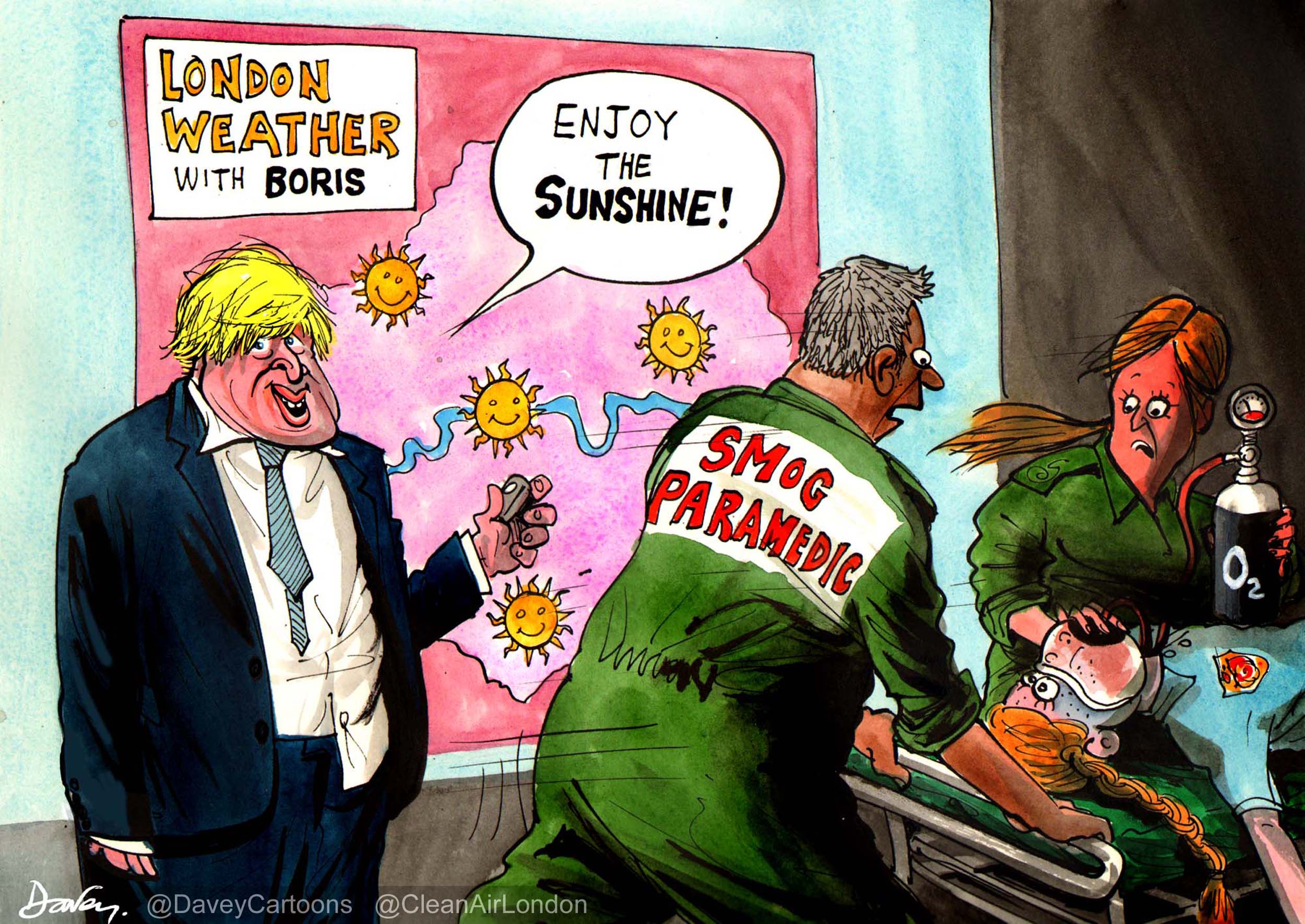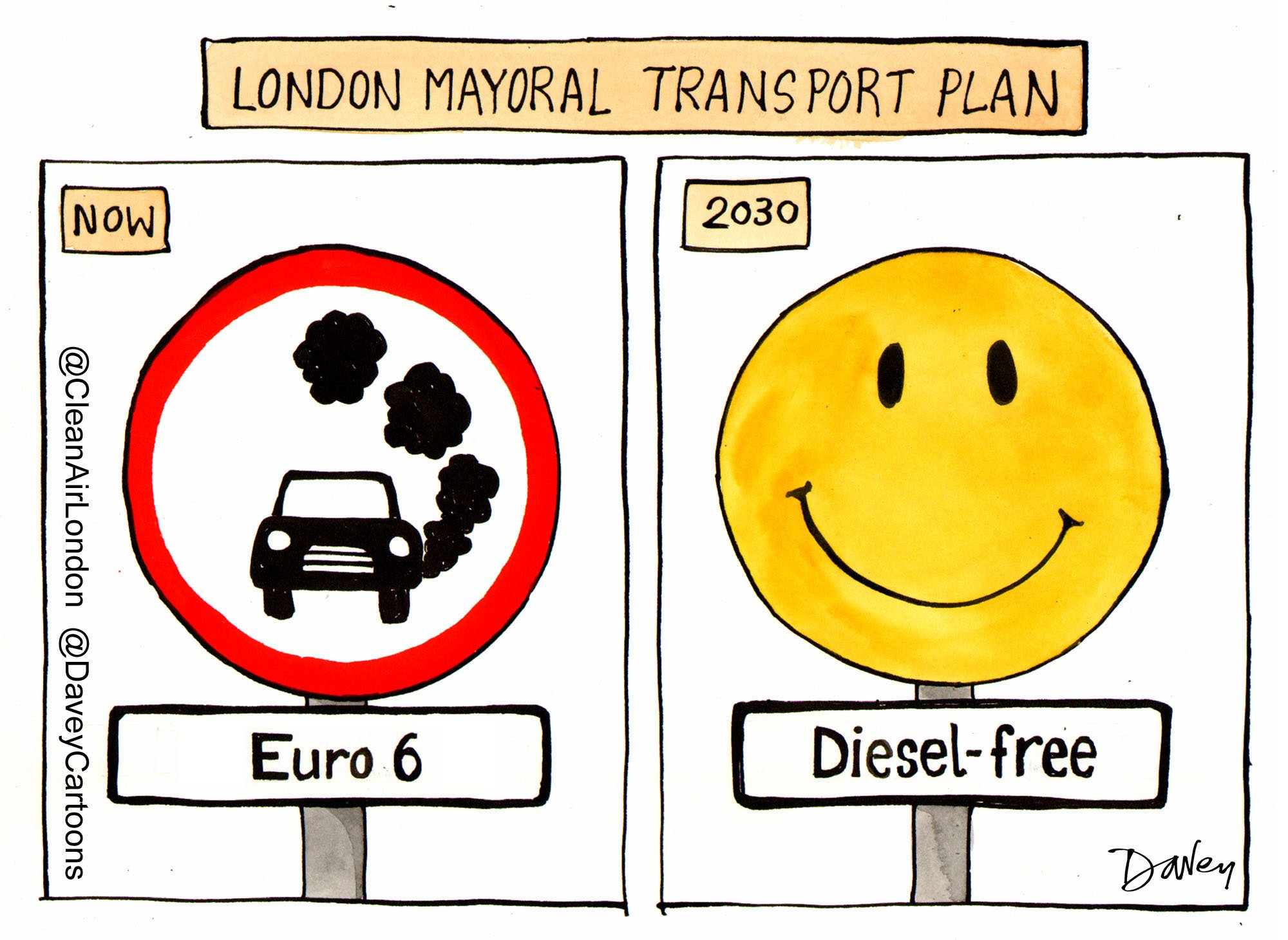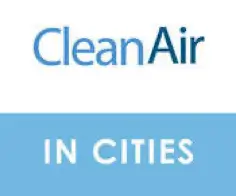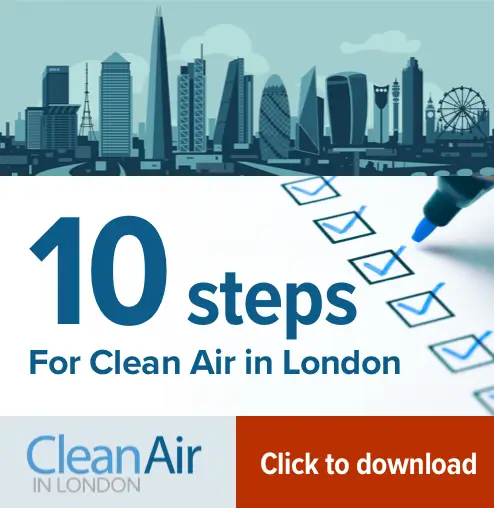Clean Air in London’s response to Defra Consultation on the UK’s Implementation Report 2021
The Convention on Access to Information, Public Participation and Decision Making and Access to Justice in Environmental Matters (the Aarhus Convention)
Dear Secretary of State
I am writing on behalf of Clean Air in London (CAL) in response to the Department for Environment, Food and Rural Affairs’ (Defra’s) consultation on the Aarhus National Implementation Report 2021 (the Report) which closes today (the Consultation):
https://consult.defra.gov.uk/eu/aarhus-national-implementation-report-2021/
CAL campaigns to achieve, urgently and sustainably, full compliance with World Health Organisation (WHO) guidelines for air quality throughout London and elsewhere.
CAL notes that the purpose of the Convention[1] is to contribute to the protection of the right of every person of present and future generations to live in an environment adequate to his or her health and well-being.
CAL believes to protect this right and the rights of the child it is essential to achieve clean air – which means air free from pollutants which cause damage to the health of present and future generations and free from the gasses which would otherwise cause catastrophic climate change.
That has not been achieved. Earlier this year, a review by this government found air pollution to be the biggest environmental threat to health in the UK[2]. A letter to The Times published on 28 September 2019 and signed by nearly 40 doctors and scientists called for new legislation to enshrine the human right to breathe clean air and a corresponding duty of the state and public authorities to provide and ensure healthy air and a healthy environment.
It has been estimated that poor air quality contributed to the deaths of 3,500 people in London alone in 2010[3]. It is against this background that CAL comments on the draft Report and the three main pillars of access to information, public participation and decision making and access to justice in environmental matters.
Access to Information about air quality, including about dangerously high pollution
It is imperative that the public is informed fully and in time about the quality of the air they breathe. This is particularly important in respect of children, the elderly, people with underlying health conditions and those in less wealthy areas. It also important for athletes, members of the special forces[4] and others who may be undertaking strenuous exercise outdoors: high ozone levels, for example, can cause serious health problems and even death in certain circumstances.
However, Defra hasn’t actively warned people about air pollution – for example by sending a news release or media warning – since 21 April 2011[5] (immediately following which CAL gave numerous television interviews perhaps also because the HIGH ozone episode coincided with the UK’s first breach of the daily limit value for particulate matter (PM10)) in 2011[6]. Instead, Defra posts ‘Air Quality Information bulletins’ passively on https://uk-air.defra.gov.uk/news when ozone triggers an Information Threshold (i.e. Pollution alert) under the Air Quality Standards Regulations 2010[7] and Annex XII of Directive 2008/50/EC on ambient air quality and cleaner air for Europe[8] (or reactively during HIGH particle air pollution episodes in 2014 and 2015) – but these are not readily accessible to the public and no substitute for warnings and alerts which should be issued ‘proactively’ through the media (as was Defra’s practice one or twice a year for some time up until about 2010 or 2011[9]). Please see also CAL’s media release dated 24 July 2012 for further information (which was published shortly before the London 2012 Olympics)[10].
The quality of the information that Defra does release through their website has been questioned. The Office for Statistics Regulation wrote to Defra on 30 July 2019[11] about its statistics on air quality and emissions of air pollutants[12].
In CAL’s view a healthy environment will not be achieved without a clear duty on the state to monitor, inform pro-actively and act. It proposes that there should be a clear duty on the state to monitor, collect and distribute information about air pollution.[13]
Public Participation in Decision-making
CAL supports public consultation on all policies and proposals relating to the environment. It does not agree with proposals to narrow consultations in this area, or in related areas such as planning.[14]
While CAL does support robust evidence, transparency and engaging with key groups early in the policy making process, it does not think that in general there should be any weakening of the principle that the public and their representative organisations should be consulted. Consultations which are too focussed or exclusive are likely to miss those who are most affected – in this case, children, schools, ethnic minorities and those who live in poorer areas. Part of the purpose of full public consultation is to inform both the consultor and the consulted and to achieve excellent policies which have public support and improve the environment. When those polices affect human health and the environment it is vital fully to engage the public.
Access to Justice
Access to justice has proved an important right in raising awareness of air pollution and achieving steps toward its amelioration. In a series of cases, taken under European Law, it has been established that under European Law the UK has a duty to achieve air quality limit values.[15] There is now widespread concern that following the UK’s exit from the European Union the provisions proposed by the UK government for England and Wales in the Environment Bill are inadequate to ensure clean air, particularly for children.
The provisions fall short of requiring the standards contained in the WHO’s air quality guidelines and reduce the opportunities for access to justice. The body which it is proposed will replace the role of the European Commission will under the direction of Government and the opportunities to challenge be fewer and more complicated.
At the same time the Government is considering proposals to curtail the right of judicial review, which is the main route through which the public and their environmental groups have access to justice to enforce environmental law in England and Wales.
CAL also notes that there is no Legal Aid for inquests and believes that where illegal or excessive air pollution is thought to be a contributor to death, particularly if it is the death of a child, then there should be an inquest and there should be legal aid so that the relatives can be represented. You will know that the Inquest touching the death of Ella Roberta Adoo Kissi-Debrah commences on Monday 30 November 2020[16].
Finally, CAL emphasises the importance of this Consultation and full compliance with the Aarhus Convention and other international laws and treaties, such as the Gothenburg Protocol[17], for the standing of the UK in the world following our exit from the European Union at the end of 2020. Please see important recent UN reports[18] and resolutions[19].
I have copied Rosamund Adoo Kissi-Debrah, David Boyd[20], Professor John Knox[21], the Chairs of several Select Committees, Baroness Jones and others given the important issues raised by this consultation.
Yours sincerely
Simon Birkett
Founder and Director
Clean Air in London
Cc
Rosamund Adoo Kissi-Debrah
David Boyd, Special Rapporteur on human rights and the environment (SRE), UN Human Rights Council
Professor John Knox, Former Special Rapporteur on human rights and the environment
Danielle Angelopoulou, (UK Focal Point for the Aarhus Convention), Europe, Strategy & Capability, Defra
Rt. Hon. Hilary Benn MP, Former Defra Secretary of State
Mr Clive Betts MP, Chair, Housing, Communities and Local Government Select Committee
Geraint Davies MP, Chair of the APPG on Air Pollution
Rt. Hon. Philip Dunne MP, Chair, Environmental Audit Committee
Rt. Hon. Jeremy Hunt MP, Chair, Health and Social Care Committee
Darren Jones MP, Chair, Business Energy and Industrial Strategy Committee
Baroness Jones
Hugh Merriman MP, Chair, Transport Committee
Dr Maria Neira, World Health Organisation
Sir Robert Neill MP, Justice Committee
Neil Parish MP, Chair of the Environment, Food and Rural Affairs Committee
Footnotes
[1] https://www.unece.org/fileadmin/DAM/env/pp/documents/cep43e.pdf
[5] https://www.gov.uk/government/news/high-pollution-episode-warning-first-summer-smog-of-2011
[7] https://www.legislation.gov.uk/uksi/2010/1001/pdfs/uksi_20101001_en.pdf
[8] https://eur-lex.europa.eu/legal-content/EN/TXT/PDF/?uri=CELEX:32008L0050&from=en
[10] https://cleanair.london/olympics/mayor-of-london-urged-to-warn-those-affected-by-smog/
[13] See, for example, proposals for Clean Air (Human Rights) Act https://services.parliament.uk/Bills/2019-21/cleanairhumanrights.html
[14] CAL’s consultation response on the Government’s planning proposals is attached.
[15] Note ClientEarth cases https://www.clientearth.org/
[19] https://undocs.org/A/HRC/45/L.48/Rev.1
[20] https://www.ohchr.org/EN/Issues/Environment/SREnvironment/Pages/DavidBoyd.aspx
[21] https://www.ohchr.org/EN/Issues/Environment/SREnvironment/Pages/JohnKnox.aspx

